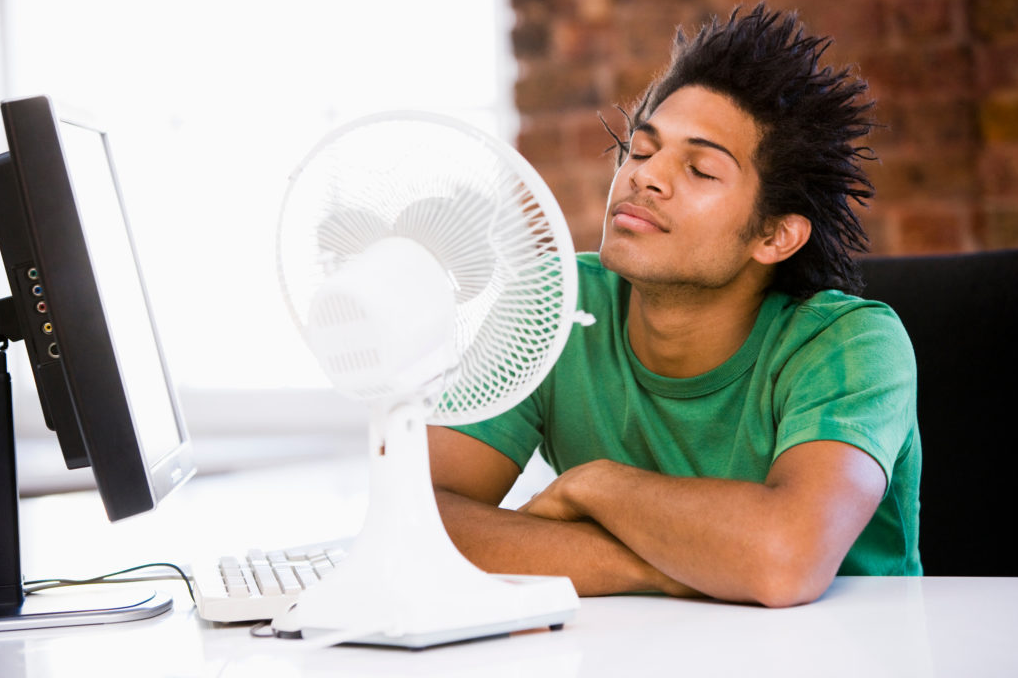Language of the Day: Heat Wave
Today we’ll look at some vocabulary and phrases to describe the first heat wave of the summer that Vancouver has been experiencing!
Just like all types of weather patterns, people have a lot of mixed feeling about the heat! We love hot summer days and spend most of the year waiting for warm weather, but when it finally gets hot out, people also love to complain that it’s too hot!
For the past few years, Vancouver and a lot of places in the world have been dealing with record-breaking heat. Not only can it be extremely uncomfortable, it can also be detrimental to our health.
This past week, the local government issued a heat warning which advised residents, especially vulnerable populations such as seniors and young children, to stay safe in the heat.
Canadian meteorologists have identified a humidex level which considers the temperature and how the humidity, or air temperature, could make it feel hotter.
So, while looking at the weather forecast, it may say that temperature is 29 degrees Celsius, but the humidex makes it feel like it’s 32 degrees.
In order to avoid getting a heat-related illness like heat stroke or heat exhaustion, or even dehydration, it is advised to avoid staying in the sun for long periods of time and to avoid doing activities that are physically exerting.
People also find different ways to cool down. One of the most popular ways to cool down is by going for a dip in the pool or for a swim in the ocean or lake.
There are also various cooling stations around city which include misting stations, wading pools, spray parks, and air-conditioned public buildings like our local libraries.
At home, taking a cool bath or shower can be effective, and perhaps the most important point to to drink enough water to stay hydrated.
But drinking water isn’t enough to avoid dehydration because we need electrolytes. This includes minerals such as sodium and potassium which can be found in various fruits and fruit juices.


